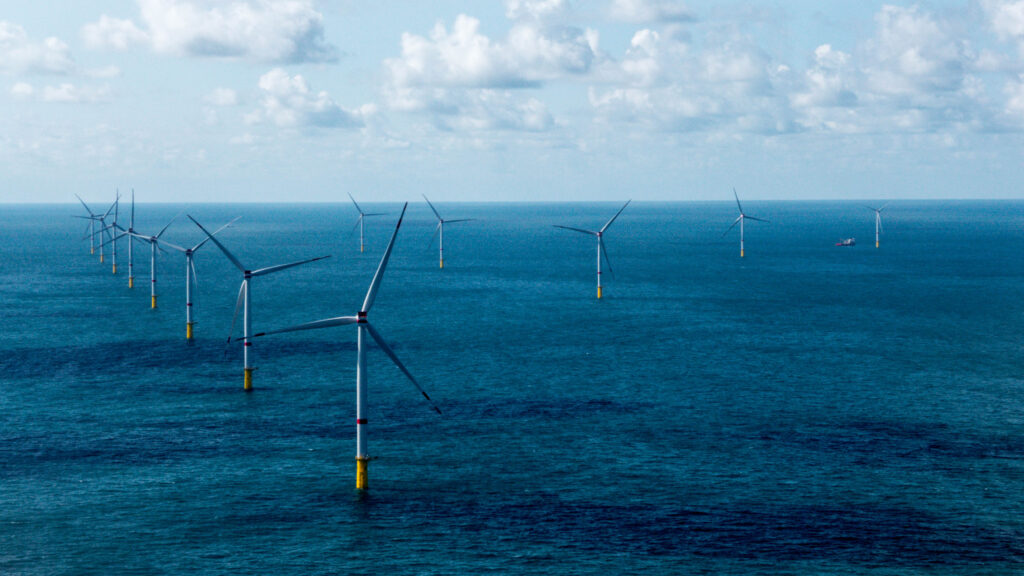- International fashion companies BESTSELLER and H&M Group have pledged to invest in the first early-development offshore wind project in Bangladesh.
- The investment commitment was initiated by Global Fashion Agenda, which is in discussions with other fashion brands to join.
- The wind project in Bangladesh, developed by Copenhagen Infrastructure Partners (CIP), is projected to reduce emissions by ~725,000 tonnes annually.
5 December: Today, at COP28 in Dubai, non-profit organisation Global Fashion Agenda (GFA), Copenhagen Infrastructure Partners (CIP) and international fashion companies BESTSELLER and H&M Group announce their intention to develop the first offshore wind project in Bangladesh, a project with the potential to significantly increase the availability of renewable energy in one of the fashion industry’s most important manufacturing countries.
More than 70% of the fashion industry’s GHG emissions come from upstream activities and current operations predominantly rely on non-renewable energy sources, such as petroleum, gas, oil, and coal. Changing the industry power supply to renewable energy requires new infrastructure solutions at scale. To ensure and accelerate decarbonisation, GFA is advocating collective investments by fashion brands in new renewable energy generation.
Today at COP28, BESTSELLER and H&M Group have pledged to invest in the first utility scale offshore wind project off the coast of Cox’s Bazar, Bangladesh. The groundbreaking energy project is being developed by Copenhagen Infrastructure Partners, a global leader in renewable energy investments. Global Fashion Agenda has advocated the need for collective investments of fashion brands to secure large-scale, cost-effective supply of renewable energy in manufacturing countries, and GFA now calls for other fashion brands to co-invest in the wind plant and potentially future energy projects.








